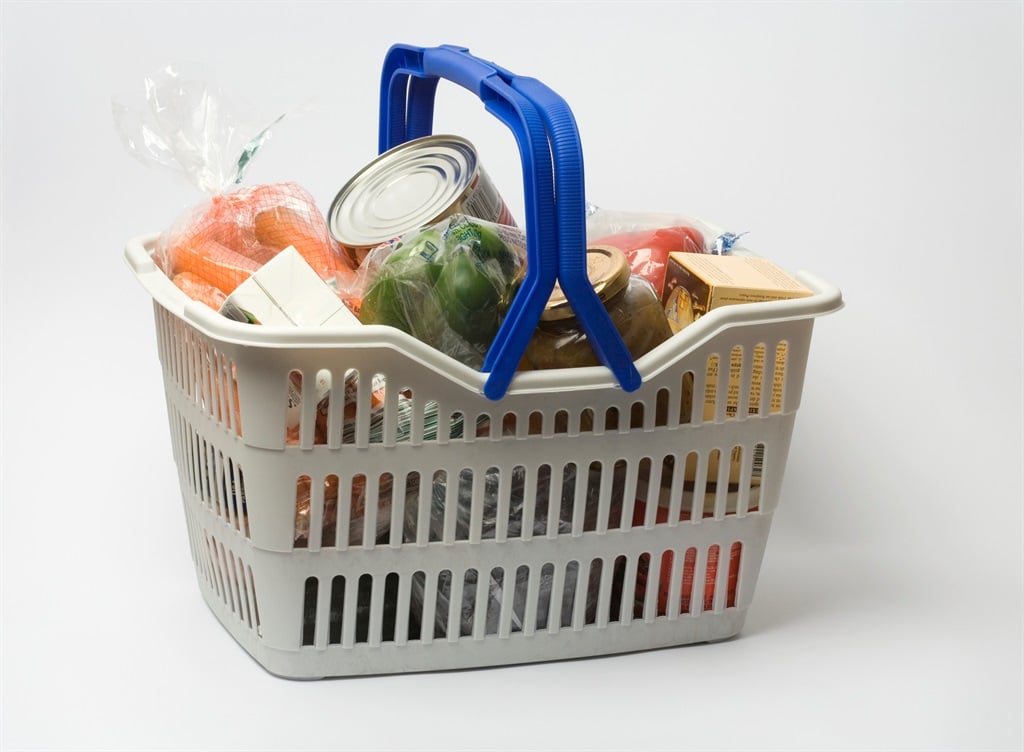South African consumers will continue to face financial pressures in the months ahead.
Retail sales in South Africa jumped 3.4% year-on-year in April, beating market expectations.
On Wednesday, Statistics South Africa said the strongest growth came from retailers of furniture, appliances and household equipment – at 6.8%. Retailers of textiles, clothing, footwear and leather goods saw their sales rise 6.4%, while general merchants recorded growth of 5.4%.
In a note, Investec economist Lara Hodes said Bloomberg expected 1.7% year-on-year growth for April.
That said, the hardware, paint and glass category contracted -8.3% as demand for home improvement products fueled by Covid-19 declined.
“…[T]This market category has seen a marked decline as many companies have imposed a return to the office or hybrid work policy, decreasing demand for DIY and home improvement products,” Hodes said.
She added that growth in textiles, apparel, footwear and leather goods was aided by returning to work and spending more time outside their homes as restrictions eased. .
“Measured on a monthly and seasonally adjusted basis, retail sales declined -0.2%. Many households are still financially strained in the current economic environment,” Hodes said.
She explained that high unemployment, a “sluggish” labor market and soaring food prices continue to put disposable incomes under pressure.
The pressure is unlikely to ease any time soon, with Hodes pointing out that the South African Reserve Bank could raise interest rates by another 50 basis points in July.
In a note, Absa’s corporate and investment banking division said: “In the context of extreme flooding in KwaZulu-Natal, severe load shedding and a delay in the payment of the R350 Social Relief grant of Distress, retail sales held up surprisingly well.”
The division added that the 3.4% growth was better than its forecast of 1.4% and the Thomson Reuters consensus of 1.6%.
Despite the good news, Absa said going forward, spending will remain weak due to rising inflation, weak economic growth, rising financing costs and weak business and consumer sentiment. .
“However, a few mitigating factors are there, in our view…the accumulated household savings in South Africa are likely to provide some support for consumption in the short term,” Absa said.
But the support will not be as great as that of wealthier countries, which have seen an increase in the household savings rate during the Covid-19 pandemic.
Get the biggest business stories delivered to your email every day of the week.
Go to the Fin24 homepage.

